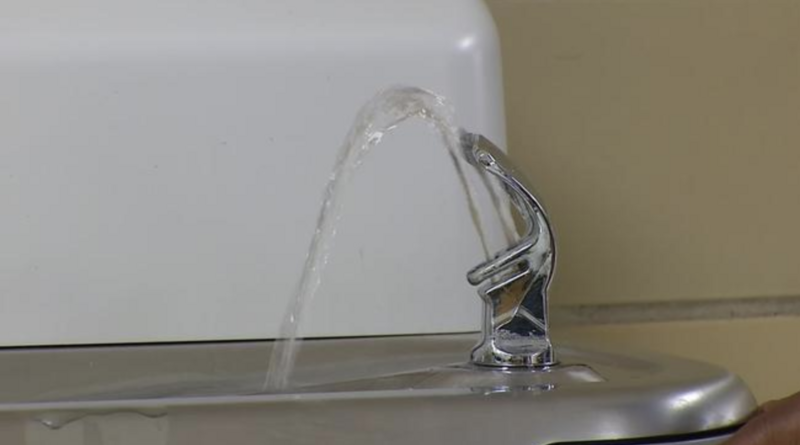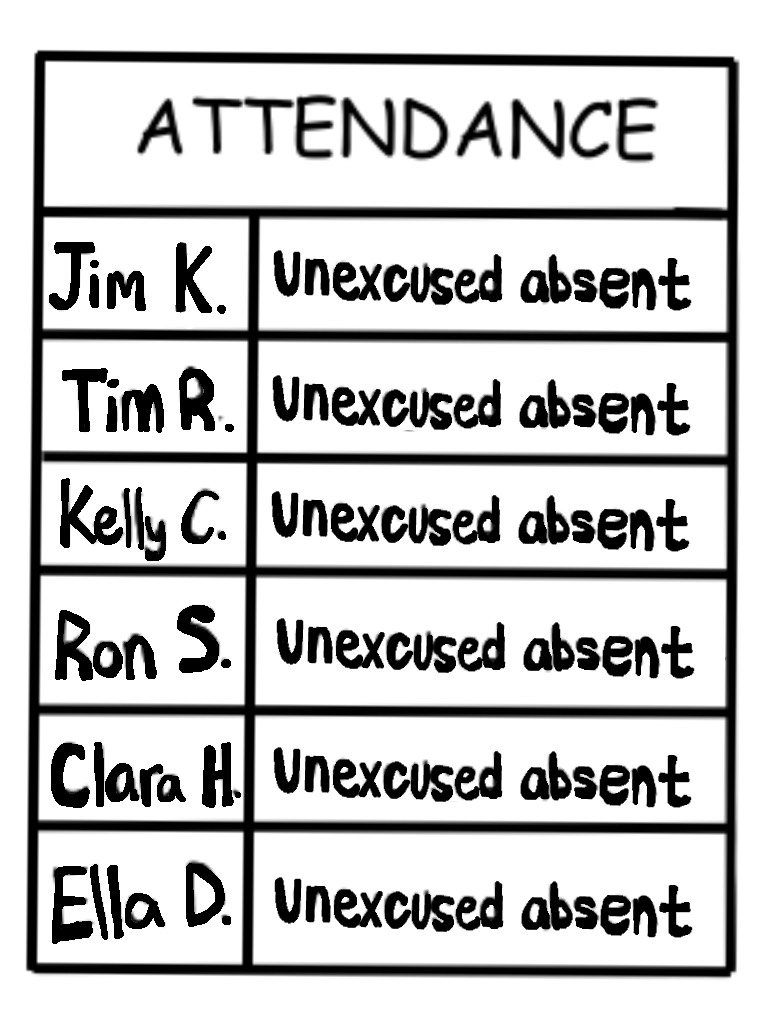Recent lead samples taken from 21 Montgomery County schools show a concerning amount of lead in the drinking water. Some schools had concentrations that exceeded state standards and are well past the acceptable limit set by the EPA (20 parts per billion).
Lead is a toxic metal that can be found in the fountains and faucets of public buildings. In accordance with a Maryland bill that requires the periodic tracking of water in public schools before July first of this year, contractors were hired in February by MCPS to test lead levels. Before the bill was passed in 2017, the last check for lead levels was in 2007.
The elevated lead levels could be attributed to many possible scenarios that occurred over the past 11 years, including the contamination of the water supply by the erosion of fountain fixtures or pipes.
One of the most dangerous aspects of lead is that its smell and taste are masked in water, enabling it to go undetected. There is no way to tell if the water is contaminated unless regular tests are done or until people start showing symptoms of lead indigestion months or years later. The latter has already occurred in Flint, Michigan, where 9,000 kids were exposed to lead.
Symptoms of lead poisoning include abdominal pain, loss of appetite, fatigue, irritability and kidney dysfunction. Serious cases of lead digestion can lead to long term nerve damage and memory loss in adults but young children are at an even greater risk as they can develop intellectual disabilities.
Because not all 205 schools in MCPS have been tested for lead, there is no concrete plan of action as of yet. MCPS, however, may decrease lead levels by following the EPA’s 3Ts Technical Guidance for Reducing Lead in Drinking Water.The 3Ts places emphasis on training school officials to raise awareness of the effects of lead in drinking water, testing drinking water in schools, and telling each school community about monitoring programs, risks, testing results, and remediation actions. Currently, all results from the tests taken so far are available on the MCPS website.
Featured photo courtesy of NBC News














